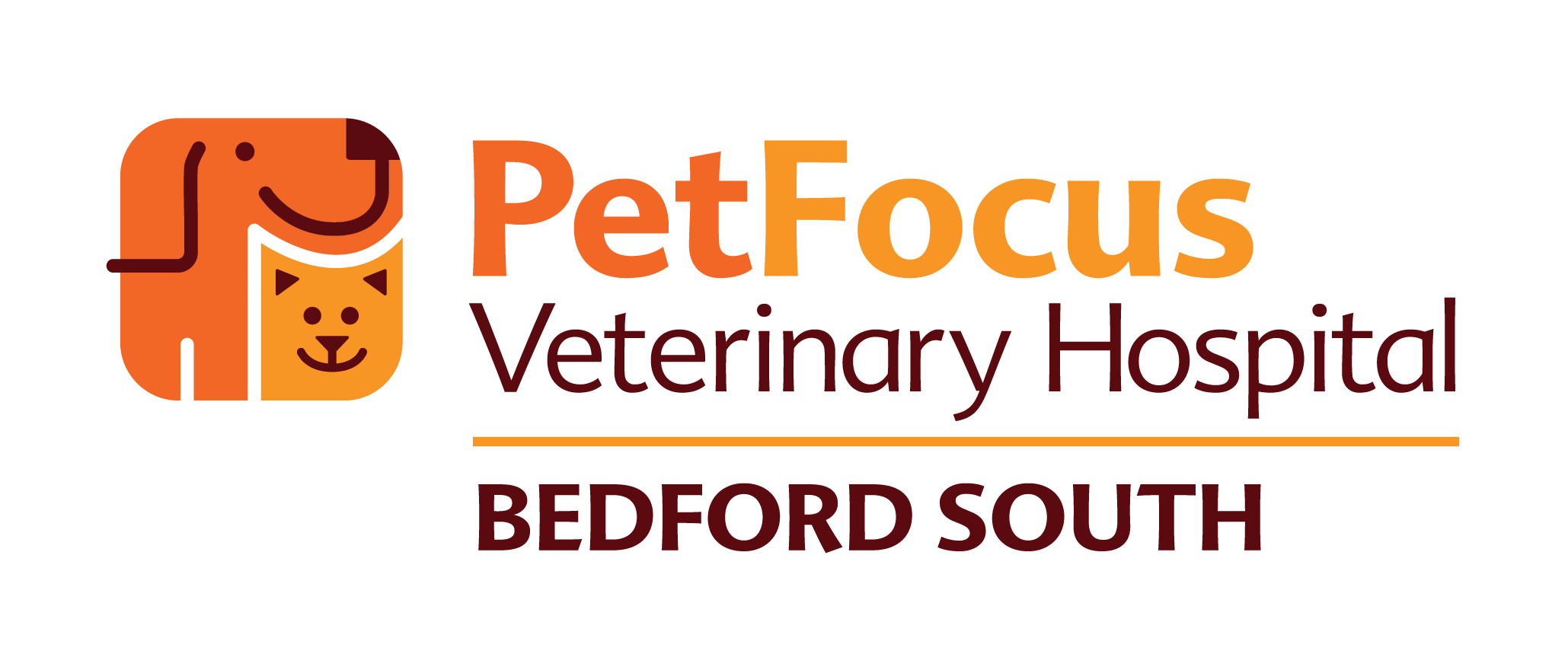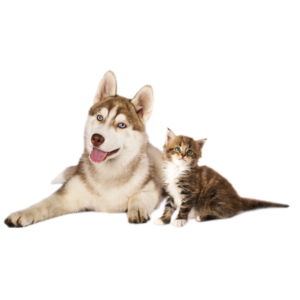Hand raising orphaned animals is never an easy job and the more mouths to feed, the more difficult it becomes. Here is my experience bottle feeding and caring for 6 puppies after their mom, sadly was euthanized.
On September 15, 2015 I got the call. Shadow had given birth to her puppies. I didn’t waste any time driving down the road to my friend’s house to meet 6 of the most perfect puppies I had ever seen. There were 2 males and 4 females who were all healthy and happy.
I continued to spend time with mama and the 6 bundles of joy whenever I could then I started to notice that Shadow was starting to lose a lot of weight and become less interested in her puppies. I brought her some canned food, which she ate readily. I did this for a few days until one day Shadow didn’t greet me like she always did. I immediately knelt down next to her and that’s when I noticed that she could barely lift her head up. Something was wrong.
I went to work the next day, very upset. Keeping in mind Shadow was not my dog, but I knew she had to be examined by a Veterinarian. I eventually got Shadow’s owners to agree to bring her in to see us at the clinic. When she arrived she was quite underweight and had a huge abscess on the side of her neck. We ran blood work and started to drain the abscess. It was a long, slow process and Shadow had to be hospitalized for the night and that’s when I had to learn how to properly bottle feed her 6 precious puppies.
The last thing that I excepted was for Shadow to pass away. Unfortunately she had a very serious medical condition that was not treatable so the owners made the hard decision to let her go.
At this point the puppies were only 10 days old and needed a lot of care. The owners were not in a position to look after them so I decided I would. They required feeding every 2-3 hours and since it took so long to get through all six of them, I would only get about a 20 minute break before starting the next feeding. The other time consuming part was having to stimulate each puppy every time that they were done eating; only because they were so young they couldn’t yet urinate or defecate on their own.
When I first began the feedings I was using a 3mL syringe, which I would be constantly refilling, but at the same time it was hard to determine how much the pups were actually getting. I mentioned this to some of the co-workers and they recommended I try a newborn baby bottle to feed them. When I thought about, it made more sense then syringe feeding all six puppies. When I switched to the baby bottle, we had to adjust it a little bit by making the hole at the top a little bit bigger. But the trick to that was not to make it too big because we didn’t want them to get too much, then again if it was too small, they would get frustrated with it and not want to drink. It was always a constant battle, but a battle that was well worth the fight.
Once they were 4 weeks old I was able to introduce some canned food in with their milk feedings and let me tell you, these puppies could eat. They could also make the biggest messes I’d ever seen such tiny beings make. As tired as I was and as demanding as they were, I wouldn’t have traded this experience for anything.
Today all six puppies are 5 months old. They are healthy, happy and on their way to a very long and exciting life. I also chose to keep one of the pups, though I was extremely attached to all of them. It was a very hard to choose just one, but I was attached most to one of the males, he was my little black and silver bundle of joy, who I named, Ace.


